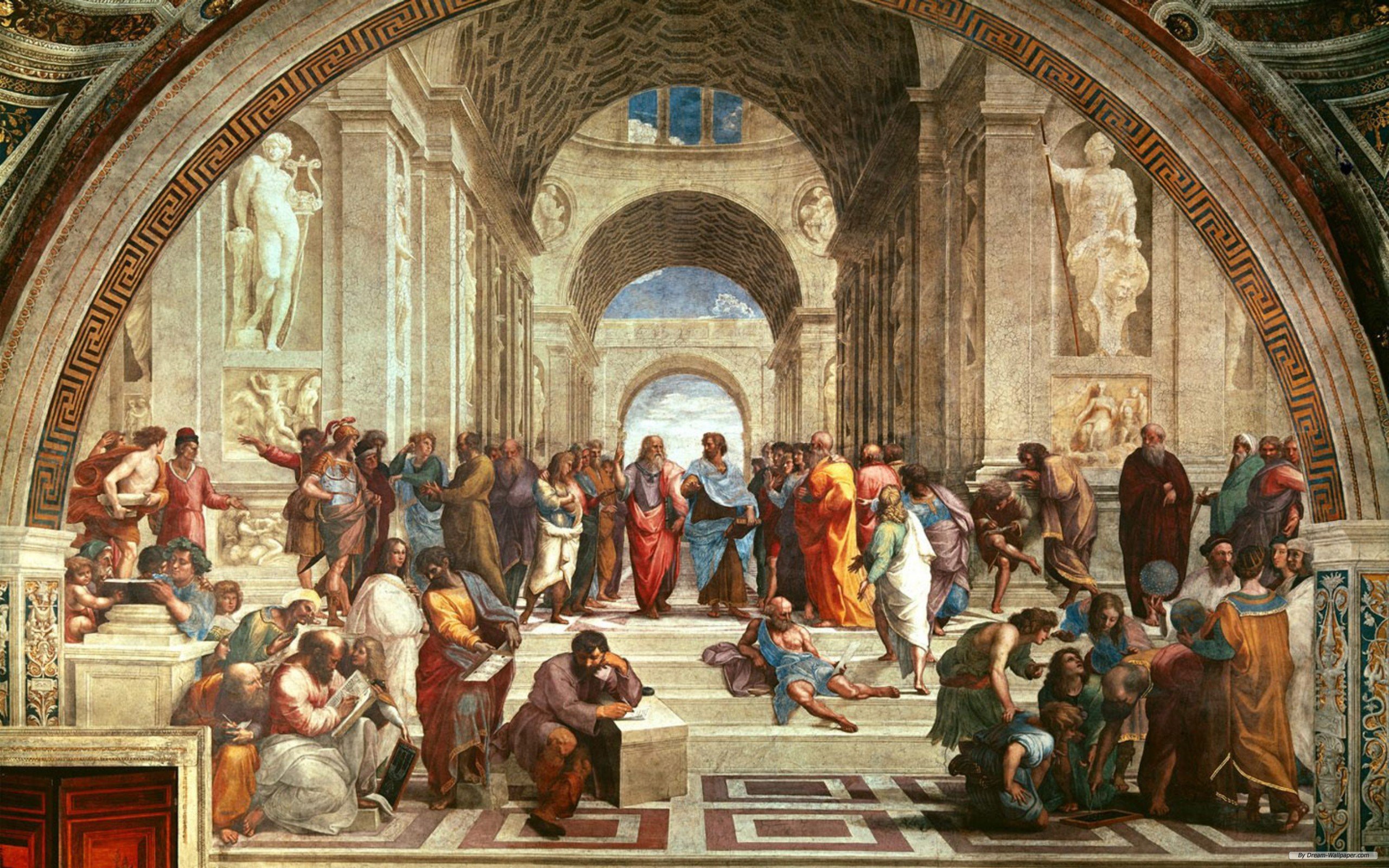Why intellectual history matters
A brief history of political philosophy and the importance of intellectual history.
2,500 years ago, when the concept of knowledge was considered radical. This period, societies long believed that God governed the world.
Some individuals had already challenged that belief by proposing new theories about the universe. There was already disagreement on how best to understand it, so Greek philosophers like Thales broke it down to water, Heraclitus to change and Pythagoras to numbers. It allowed the birth of theoretical science.
Socrates, a Greek philosopher, is best known as the founding father of Western Philosophy pushed theoretical science to its great extent, by wondering the world human beings experience. These wonders were about knowledge required in order societies best live together. Socrates long believed the importance of knowledge, by suggesting 'virtue is knowledge'. Socrates thought that knowledge in theoretical science shouldn't be restricted to physical matters but also involved in moral and political issues too. This thinking enabled the birth of political philosophy.
What about the world that we human beings experience? Can we know of it? Not the cosmos, but the polis?
Understanding the intellectual history could serve a purpose in today's societies, like the debate about democracy. Intelligent democracy or birthright democracy?
Ancient Athens would long be remembered for creating democracy. It's that particular reason why Athens is a political tourism for politicians. But the famous Athenian Socrates disagreed with the concept of democracy. Socrates has warned us the negative impact democracy could have on the society.
In a conversation recorded by Plato in his book, 'Republic', Socrates compared a society with a ship to a fellow Greek Adeimantus. Socrates asked, "who should be in charge of driving the vessel? Any ordinary person or someone who is highly trained in seafaring". "The latter" replied Adeimantus, Socrates went on to ask "why do we think any old people should be fit to judge who should rule the country?".
Socrates argued that voting in an election requires skills, by gaining those skills involves knowledge. Letting people vote without a basic education is like allowing any ordinary person is driving the vessel. Socrates experience the impact of uneducated, foolish voters in first hand.
"Education removes the darkness of ignorance".
Socrates wasn't wholly against the concept of democracy but argued that people who thought issues logically and wisely should be able to vote. Socrates only feared outcomes that could result in demagogues in power. Ancient Athens experienced this in great hand. Socrates wanted an election debate between two candidates, one who is a sweet shop owner and a doctor. A sweet owner would say sweet stuff for votes while the doctor would provide solutions to the problems facing the society. If the doctor were to say the wrong thing, it would be politically disastrous. A society of ignorant of democracy would make a sweet shop owner to become a presidential tyrant or parliamentary dictatorship. Individuals would vote in ethnic and religious line instead of policies: patriotism and tribalism trumps.
By studying political philosophy and intellectual history, we will be able to remember problems highlighted by Socrates and other intellects on how best to prevent scenarios and how to live a society that benefits us all.